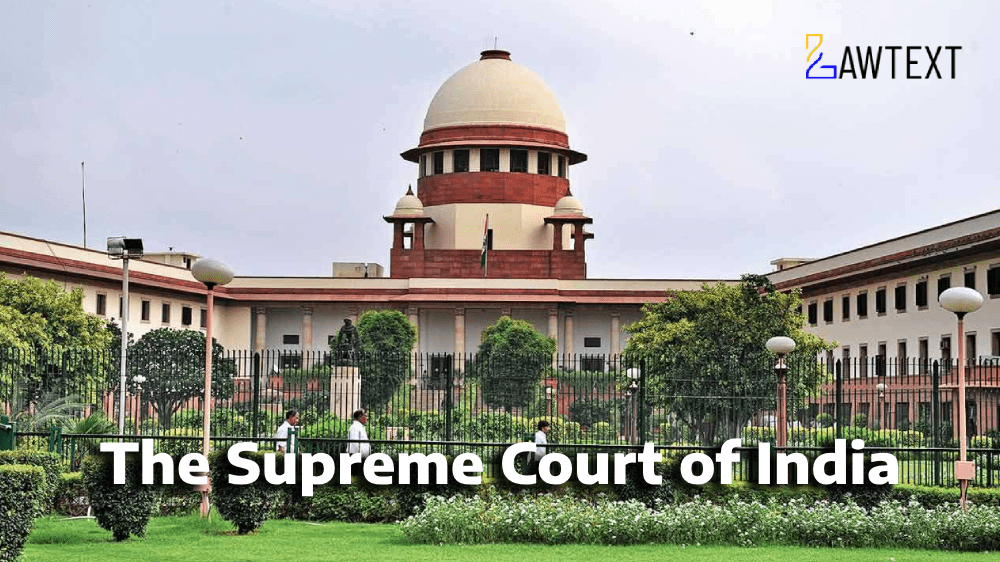

Constitution of India, 1950 (COI) – Article 21 – Protection of Life and Personal Liberty – Violation of Fundamental Rights due to Detention Orders Issued Without Application of Mind and in a Language Not Understood by the Detenus – Held, Preventive Detention Orders Must Comply with Constitutional Safeguards Strictly. (Para 12, 14)
Constitution of India, 1950 (COI) – Article 22(3)(b) – Preventive Detention – Stringent Norms Mandated for Preventive Detention – Safeguards Must be Strictly Adhered to Ensure Compliance with Constitutional and Statutory Norms. (Para 2)
Prevention of Illicit Traffic in Narcotic Drugs and Psychotropic Substances Act, 1988 (PITNDPS Act) – Section 3(1) – Power to Issue Preventive Detention Orders – Detention Orders Must be Based on Cogent Material Indicating a Real Possibility of the Detenu’s Release on Bail and Likelihood of Recurrence of Prejudicial Activities. (Para 8, 13)
Prevention of Illicit Traffic in Narcotic Drugs and Psychotropic Substances Act, 1988 (PITNDPS Act) – Section 6 – Grounds of Detention Must be Clear and Communicated in a Language Understood by the Detenu – Oral Explanation Insufficient for Compliance with Constitutional Mandates. (Para 14)
Held, the preventive detention orders against Ashraf Hussain Choudhary and Adaliu Chawang were quashed for failure to satisfy the mandatory constitutional and statutory requirements, including the lack of application of mind and failure to communicate the grounds of detention in a language understood by the detenus.
Subjects:
Preventive Detention – Fundamental Rights – Application of Mind – Communication of Grounds – Bail Possibility – Constitutional Safeguards – Judicial Custody – Procedural Compliance – Personal Liberty – Illegal Detention
Issues:
(a) Whether the preventive detention orders were issued in compliance with the constitutional and statutory safeguards prescribed under the Constitution of India and the PITNDPS Act, 1988. (b) Whether the failure to provide the grounds of detention in a language understood by the detenus vitiates the detention orders.
Submissions/Arguments:
Appellant: Contended that the detention orders were passed mechanically without application of mind and without satisfying the requirement of a real possibility of the detenus being released on bail. Further argued that the grounds of detention were not communicated in a language understood by the detenus.
Respondents: Argued that the detention orders were justified given the involvement of the detenus in illicit trafficking activities and the likelihood of their continuation of such activities if released on bail.
Ratio:
Detention orders must be supported by cogent material justifying the inference of a real possibility of release on bail and the likelihood of engaging in prejudicial activities.
Effective communication of the grounds of detention in a language understood by the detenu is mandatory under Article 22(5) of the Constitution.
The failure to comply with these safeguards renders the detention orders illegal and unconstitutional.
Precedents:
Kamarunnissa v. Union of India, (1991) 1 SCC 128
Binod Singh v. District Magistrate, Dhanbad, Bihar, (1986) 4 SCC 416
Rekha v. State of Tamil Nadu, (2011) 5 SCC 244
Union of India v. Paul Manickam, (2003) 8 SCC 342
Harikisan v. State of Maharashtra, AIR 1962 SC 911
Citation: 2025 LawText (SC) (3) 50
Case Number: CRIMINAL APPEAL NOs. 4872-4873 OF 2024
Date of Decision: 2025-03-05
Case Title: Mortuza Hussain Choudhary Versus The State of Nagaland and others
Before Judge: (Sanjay Kumar J. , Augustine George Masih J.)
Appellant: Mortuza Hussain Choudhary
Respondent: The State of Nagaland and others